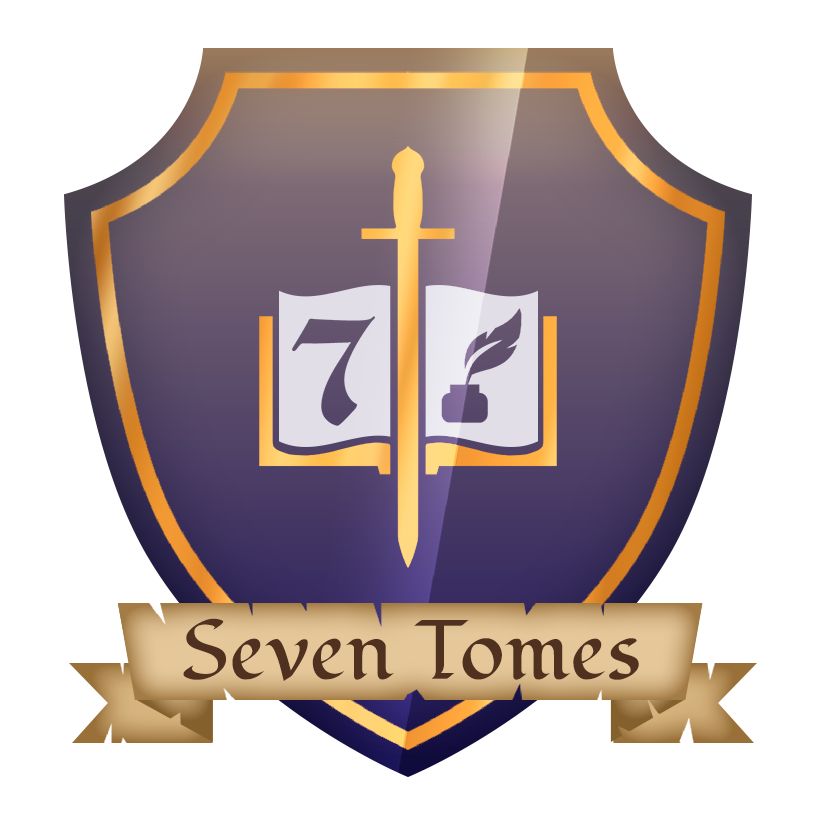Coin of the Dragon
It's always funny to me how people make assumptions about the origin of words. Take, for example, 'coin.' To most of Argentii, this simply means a piece of economic exchange, usually metal or wood of a certain size, weight, quality, etc. But, in Ancient Argentin, 'coin' means 'education,' which is of course, the true root of the word.
In the time of the Last Landbound War, the great dragon clanlord U the Chaotic gathered their most loyal servants. U taught them the secrets of how to connect to the deep and ancient leyline magics.
These loyal few were then sent out into the world, to educate others. They were known as the Mecoin of U and later, the Coin of the Dragon. Over time, as economics changed, so did the meaning of 'coin,' and now 'Coin of the Dragon' is misunderstood as a physical treasure hoarde.
Career
Qualifications
For all their size and power, dragons are still just a people unto themselves. They can fall victim to the same faults and flaws as all other peoples. They have vanity to play upon, gaps in knowledge to exploit, and cultural vulnerabilities.
U was forgetful of the ethical inequality between themself and the small creatures in their care and service. U operated under the assumption that the chosen would honor the responsibility placed upon them. Because of this, U choose their acolytes based on loyalty, alone.
This was not the wisest choice U could have made. The entire world paid the price of this foolishness.
Payment & Reimbursement
Knowledge is a currency all its own.
Other Benefits
Educated by the mecoin, their disciples and descendants applied the raw power of the ancient leylines to every task. They harnessed the kinetic powers of this new magica to erect marvelous constructions. They found ways to power clever contraptions and to imbue objects with powerful, magical sentience. In time, they even learned to heal the ill and injured as well as how to reunite the spirit with the body.
It was this last bit, the violation of the eternal laws of life and death, that proved to be too far.











It's cool how you incorporated some of the translations of the word, and how that led to the misunderstandings about dragon treasure. Also, do they still teach how to use the leylines? I'm asking for a friend :)